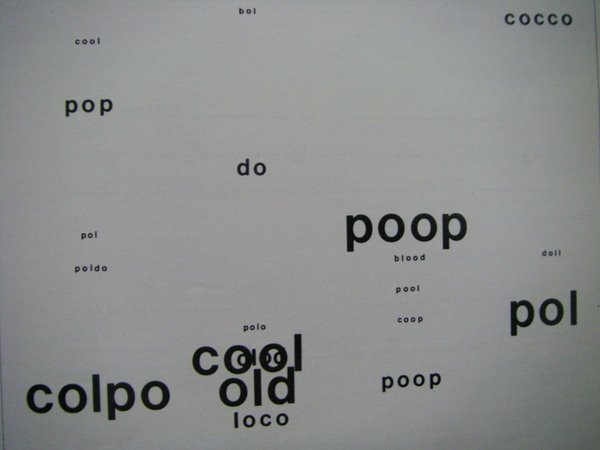We all understand that there are nice ways to say things and blunt/disrespectful ways to say the same thing. While you may never have given it much thought, the type of words we use can have a positive or negative effect on your listeners/readers. We refer to negative and positive words and phrases as snarl and purr words. But, where did these terms come from and how can you benefit from properly using them? Let’s have a brief grammar lesson on snarl words and purr words.
The Origination
In 1941, S.I. Hayakawa discussed how people rely on their use of words to make their opinion sound more rational or educated. For example, a politician that is for abortion may make a statement using the term “fetus”, while another politician that is opposed to abortion may use the term “unborn child”. In the case of the first politician, he uses the term “fetes” to take away any warm and cozy feelings. The second politician uses the term “unborn child” to create positive feelings. These terms are referred to as snarl and purr words because a snarl is an unhappy response, while a purr reflects positivity.
The Difference Between Snarl and Purr Words
A snarl word creates a negative impression in the mind of the listener/reader. Examples of snarl words and terms include killer, holy roller, and extreme. Examples of purr words that mean the same things, but have a positive spin would be hunter, religious person, and passionate.
Their Usage
Let’s say a newscaster was trying to make a negative impression about local deer hunting. The newscaster may make the statement, “Deer killers in the area have slaughtered 500 animals since hunting season began last month.” However, another news reporter may cover the same story with a positive spin using purr words: “Deer hunters have had a successful season, bringing in close to 500 deer in their efforts to control the over-population of the species.”
Using Them to Your Benefit
Whether you’re a freelancer writer, author, or simply writing blog posts for your company’s website, understanding and properly using snarl words and purr words can be beneficial. As a freelance writer, you’re more apt to appeal to those with the same opinions when using snarl and purr words. As an author, you can control the feelings your readers have towards the characters and situations in the books you write. Lastly, as a blogger or PR specialist, you can create positive feelings within customers.
Snarl and purr words may not have been part of your vocabulary before this quick lesson, but chances are you’ll be using them to create reactions among your readers and listeners in the future.
About the Author: Breann Barbagelata loves to write and is workings towards becoming an English profession. Right now she works as an elementary teacher and she highly recommends an Atlanta ACT tutoring group to her own students when they are struggling and need more help at home.
Grammar 101: Snarl Words Vs. Purr Words





